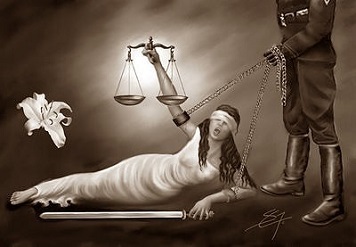The triumph of the individual over the hive mind
Lord Monckton, Viscount Monckton of Brenchley

Drab, pietistic uniformity is the curse of the collectivist age. Today, with a fearful and unanimously acquiescent docility, the hive mind tediously hums the Party Line, now rebranded “consensus”. Imagination, initiative, inquiry, inspiration, intuition and invention are not merely discouraged but hated. Individuality in any form is not merely loathed but punished.
______________________
It is the solecism of modern government imprudently, expensively and too often cruelly to emphasize the collective at the expense of the individual. Yet, as John Stuart Mill wrote,
“The worth of a State, in the long run, is the worth of the individuals composing it. A State which dwarfs its men, in order that they may be mere docile instruments in its hands, even for beneficial purposes, will find that with small men no great thing can really be accomplished.”
Man is at once an island and a universe, an anchorite and a socialite, a lone wolf and a member of the pack. The strength of the West lies in encouraging what Santayana called the “eccentricities, hobbies and humours” of each, not in hindering or punishing individual achievement in the name of all.
In feudal times, the State was everything. The individual, if noticed at all, was recognized solely by his status in the ordained pecking order.
“God blessed the squire and his relations,
And kept us in our proper stations.”
It was only when free-market contract replaced feudal status that the individual, be he never so humble, acquired the right freely to negotiate with his neighbours and, by so doing, to earn advancement by achievement. Social mobility is a feature not of collectivism but of contract and of the cheerful chaos of the free market that it enables.


























